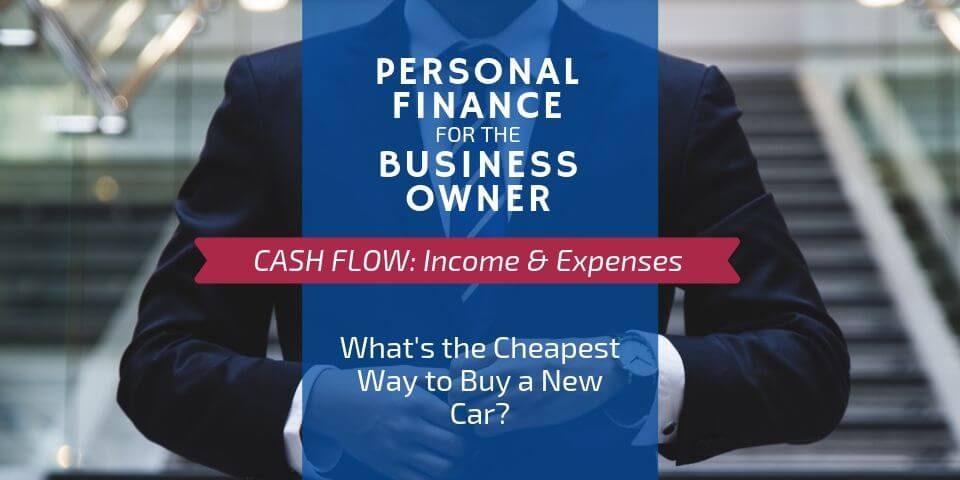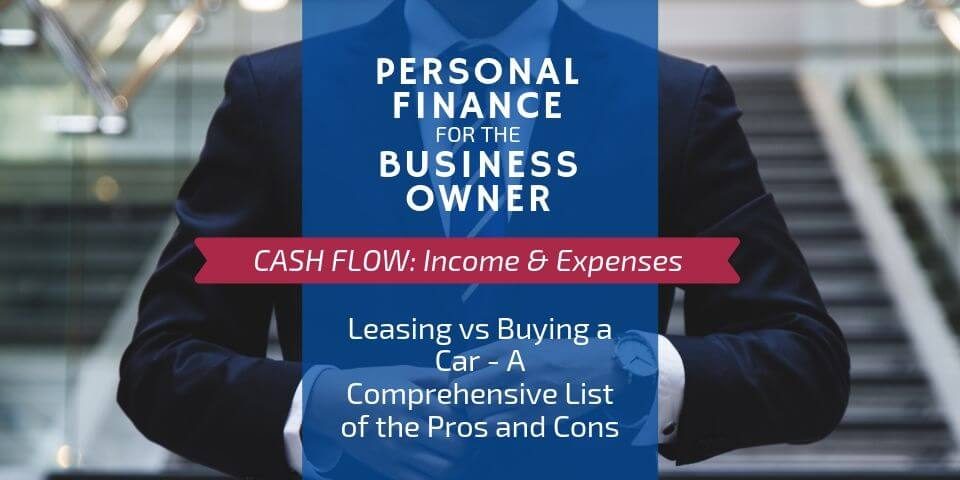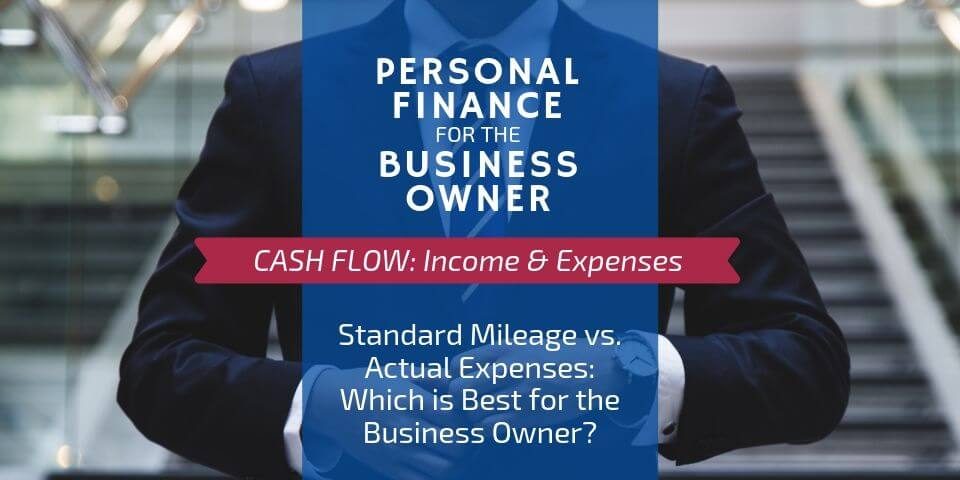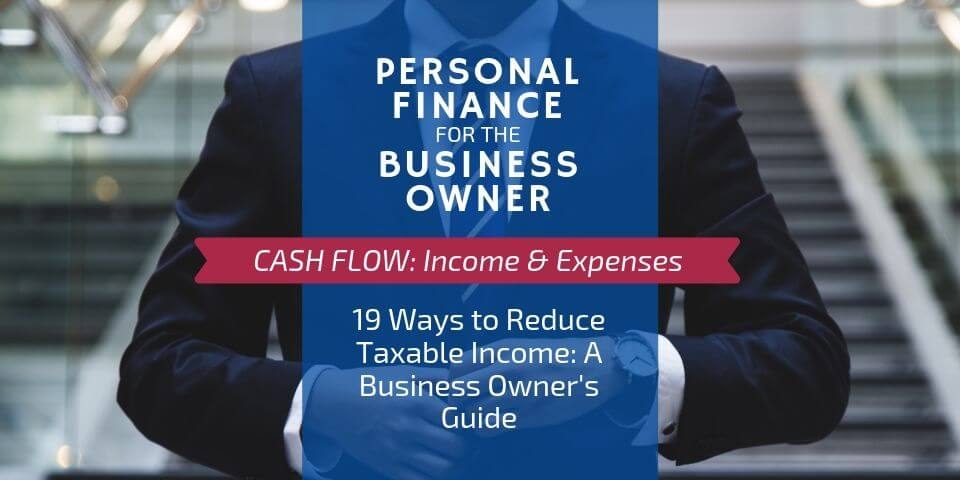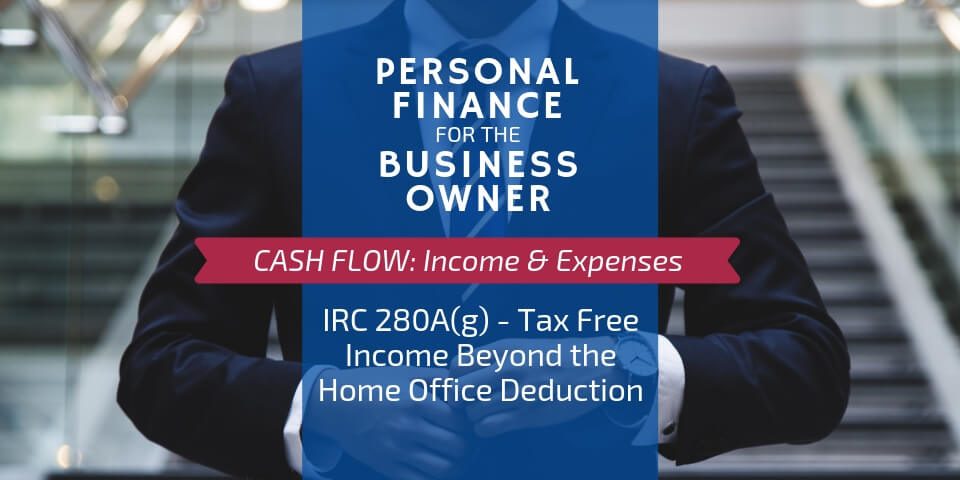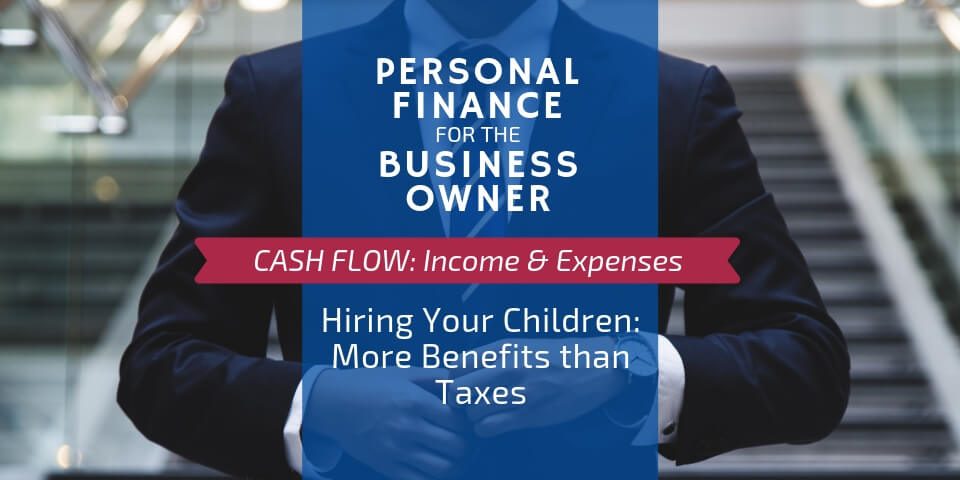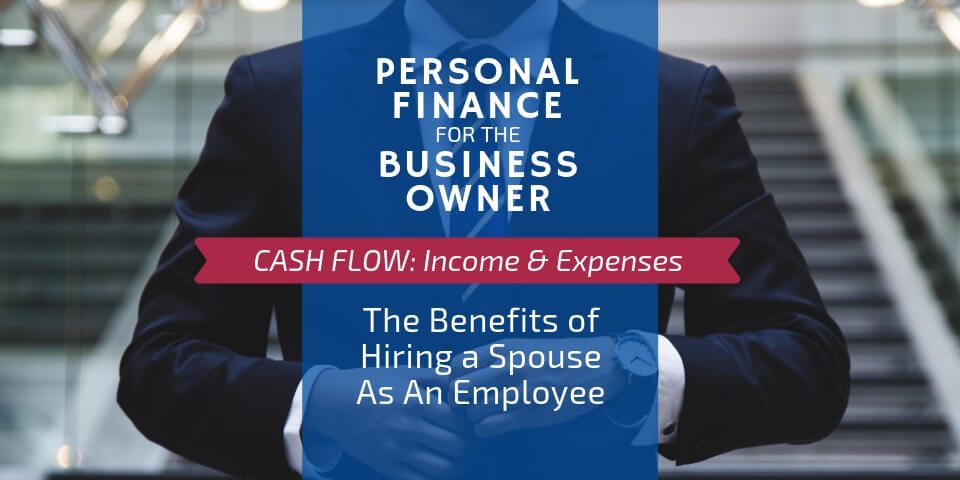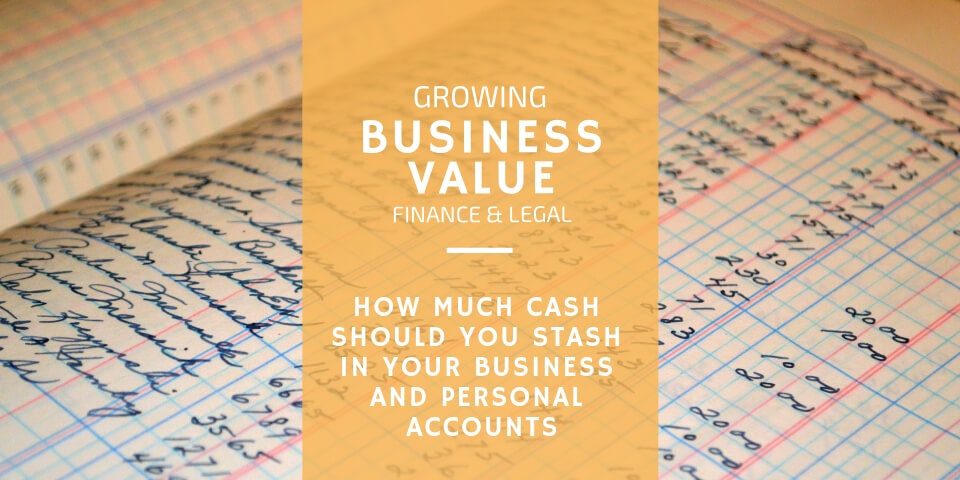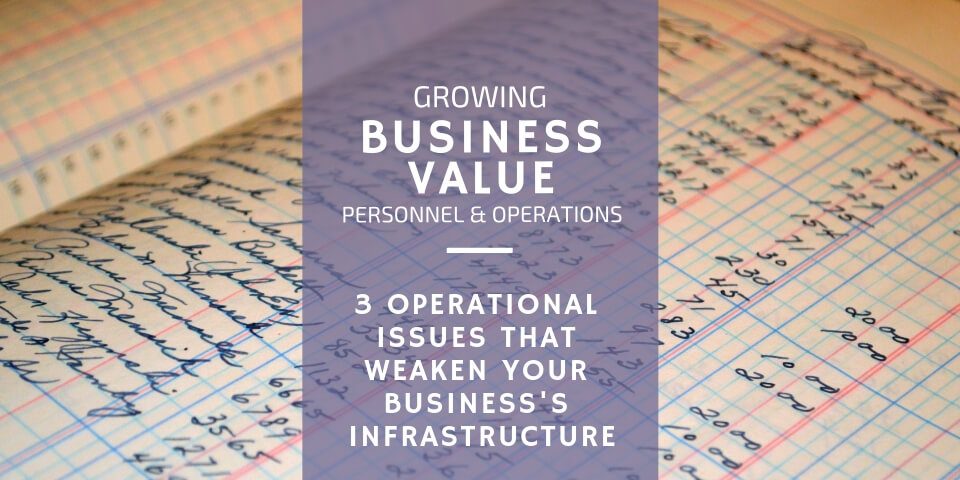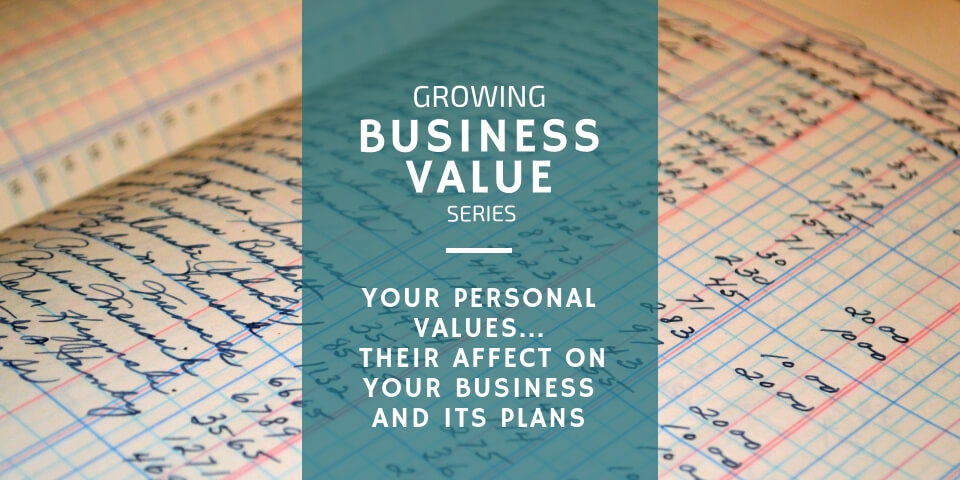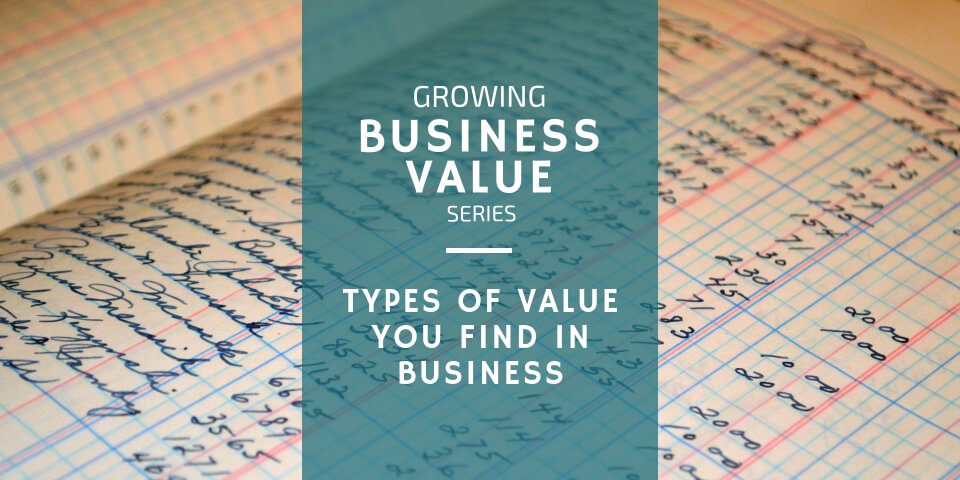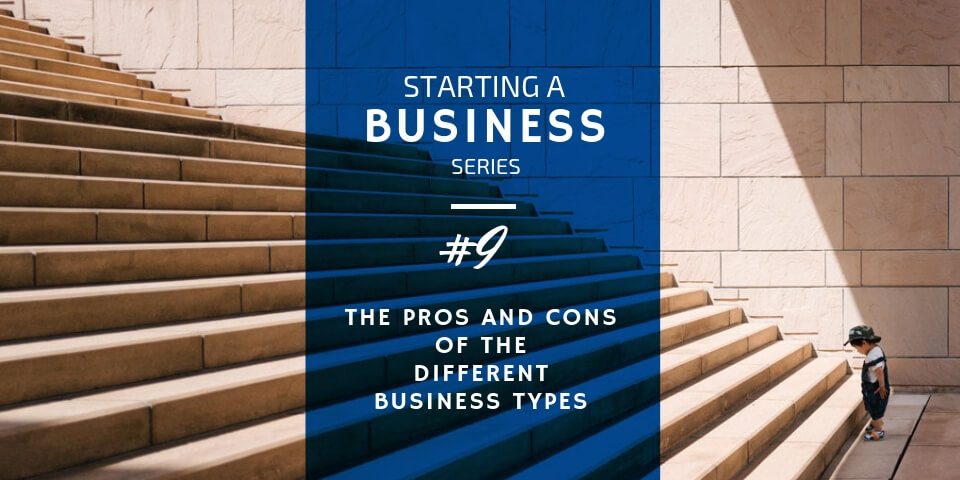We here at Financially Simple have complied our most popular financial articles into one easy to use location. Learn what others like you are using in order to make their life and business… Financially Simple.
Top Financial Articles:
What’s the Cheapest Way to Buy a New Car?
As a financial planner, I don’t believe in going into debt so I always buy used cars. In fact, I’ve never had a car payment. Last year I needed to purchase a “new-to-me” vehicle. When I started doing my research, though, I found that I would pay (at this time in the economic cycle) essentially the same price (over the life of the vehicle) for a used car as I would a new car. Ultimately, I decided to buy a NEW truck and I am sharing with you the math from my research in my quest to find the cheapest way to buy a new car.Leasing vs Buying a Car – A Comprehensive List of the Pros & Cons
If you drive your personal vehicle for business purposes, you can claim tax deductions. I addressed that in my last article when I talked about whether you should claim the standard mileage rate or actual expenses on your taxes. Yet, leasing vs buying a car may make a difference to you as a business owner, too. Is it better to buy or lease a car for business? Let’s weigh the pros and cons.Standard Mileage vs. Actual Expenses – The Pros and Cons
If you drive a personal vehicle for business use, you can choose to take the standard mileage rate deduction or you can deduct your actual vehicle expenses. Yet, which one is better? As with most things related to taxes, it’s going to depend. Therefore, let’s do an analysis. Which should a business owner choose? Actual expenses vs. mileage.20 Ways to Reduce Taxable Income: A Business Owner’s Guide
There’s perhaps no expense more frustrating to business owners than income taxes – the amount of money you pay to the IRS. I receive more calls from business owners asking me how to minimize their tax bills than anything else. Therefore, I want to go over 20 different strategies, or ways, to reduce taxable income for the business owner.IRC 280A(g) – How You Could Use Your Home to Create Tax-Free Income
Can you imagine taking money out of one of your pockets, deducting it as a business expense, and then putting it back in your other pocket tax-free? That’s pretty crazy, right? What if it were legal? Actually, this tax strategy is so common that the IRS issued a private letter ruling on the matter. So what is this tax gem I’m talking about? You can rent your home to your business for business meetings! This even goes beyond the standard home office deduction found in the IRC 280A tax code. Let me explain how the “14-day rental rule” can work for you.Ideas for Hiring Your Children in Your Business – Tax Advantages
Did you know that you can legitimately hire your kids, no matter what age they are, to work in your business? The IRS Code says you can! As of 2018, each of your children can earn up to $12,000 in tax-free income! Your kids can work, bring home tax-free money, and pay for their own expenses. It’s a great way to teach work ethic, and for the business, benefits like tax strategies. So, I’ll give you the hiring rules and 51 job ideas that allow you to hire your children in your business.Hiring A Spouse as An Employee – A Smart Option with Many Benefits
Have you ever thought, “Can I hire my spouse?” It might be that you are having trouble with extremely low staffing numbers due to the labor shortage. Or it could be because you need additional “temp help” because you are in a phase of rapid growth. Either way, such a move might present you with a golden opportunity with a variety of previously untapped benefits. Let’s talk about why hiring your wife or husband may just be a great staffing and financial option!Selling a Business with Debt: Is it Possible? Yes But…
Oftentimes, business owners do not think about the liability side of the business sale. What happens to your business debt when you sell your company? Will the buyers assume the debt? Will you use proceeds from the sale to pay off the debt? What if your debt scares away potential buyers? If you are preparing to sell your business within the next five or ten years, any existing debt or any new debt you take on is going to create risk in your company. An increase in risk can lead to a decrease in business value. So before you finance another piece of equipment or before you utilize a business line of credit, decide whether the increased risk is worth the potential decrease in value to your business.How Much Cash Should You Stash in Your Business and Personal Accounts?
In my most recent Value Growth article, I mentioned that a CFO, or the person who leads your finance department, should oversee four divisions of your business – treasury, tax, accounting, and finance. Subsequently, those in the treasury division of your business handle cash flow, investments, accounts receivable (income), and accounts payable (expenses). Since cash flow is the bread and butter of your business, I want to discuss that. Specifically, I want to talk about how much cash you should stash in your business and personal accounts.3 Operational Issues that Weaken Your Business’s Infrastructure
If the operational and management systems in your business are not working to add value and growth to the company, you need to start looking for the cause of the problems. You may have to look long and hard. Yet, keep at it. Most likely, you’ll find that the root of your problems comes from one of three operational issues.Cost of Capital – How It’s Calculated and Its Effect on Business Risk
As a business owner, you sometimes use gut instinct and common sense guide you. But can you realistically make an unbiased decision about a purchase in your business based on instinct alone? Of course not. You must know whether the cost of your business capital is worth the risk it imposes on your business. In other words, you must know the actual costs of your business purchases to know how they affect the long-term value of your business. So, let’s talk about how to do the math of Cost of Capital calculations.How Your Personal Values Affect Strategic Planning Decisions in Your Business
Your values are important in guiding your actions along life’s journey. Likewise, your personal values affect your business life as well, driving your decisions and your performance as a small business owner. We’ll discuss these values so ideally you can align your business’s vision and mission with them and hire people who align with you.Types of Value in Business and the One That Matters Most
In my last article, I told you that a business’s value and its profitability are different things. If you chase quantitative profits without making changes to your qualitative assets, you will stifle your business’s growth in value. But if you’re trying to make your business more appealing to investors, customers, or buyers, what type of value should you be increasing? In this article, we will be discussing the types of value in business and which you need to be focusing on for growing the value appraisers look for in your company.The 5 Different Business Structures… Pros and Cons of Each Entity
When starting a company, the business structure you pick can be vitally important. Choosing among the different business types will affect your day-to-day workings and how you pay taxes. Your choice can positively or negatively affect how you are protected as an owner and even your business’s future sellability. Although I will provide you with an overview of the five different business types, you should lean on your “Dream Team” of attorneys, CFP’s®, and CPAs to know which type of business entity is the best fit for your company.Pros and Cons of Selling Your Business to Employees Using an ESOP
When it comes to transitioning yourself out of your company, one option is selling the business to employees. A method of doing this is by setting up an Employee Stock Ownership Plan (ESOP). Although the implementation can get complicated, an ESOP can offer owners and employees many benefits over other stock buyouts. Let’s dive into the pros and cons of ESOPs as a way to sell your company.

